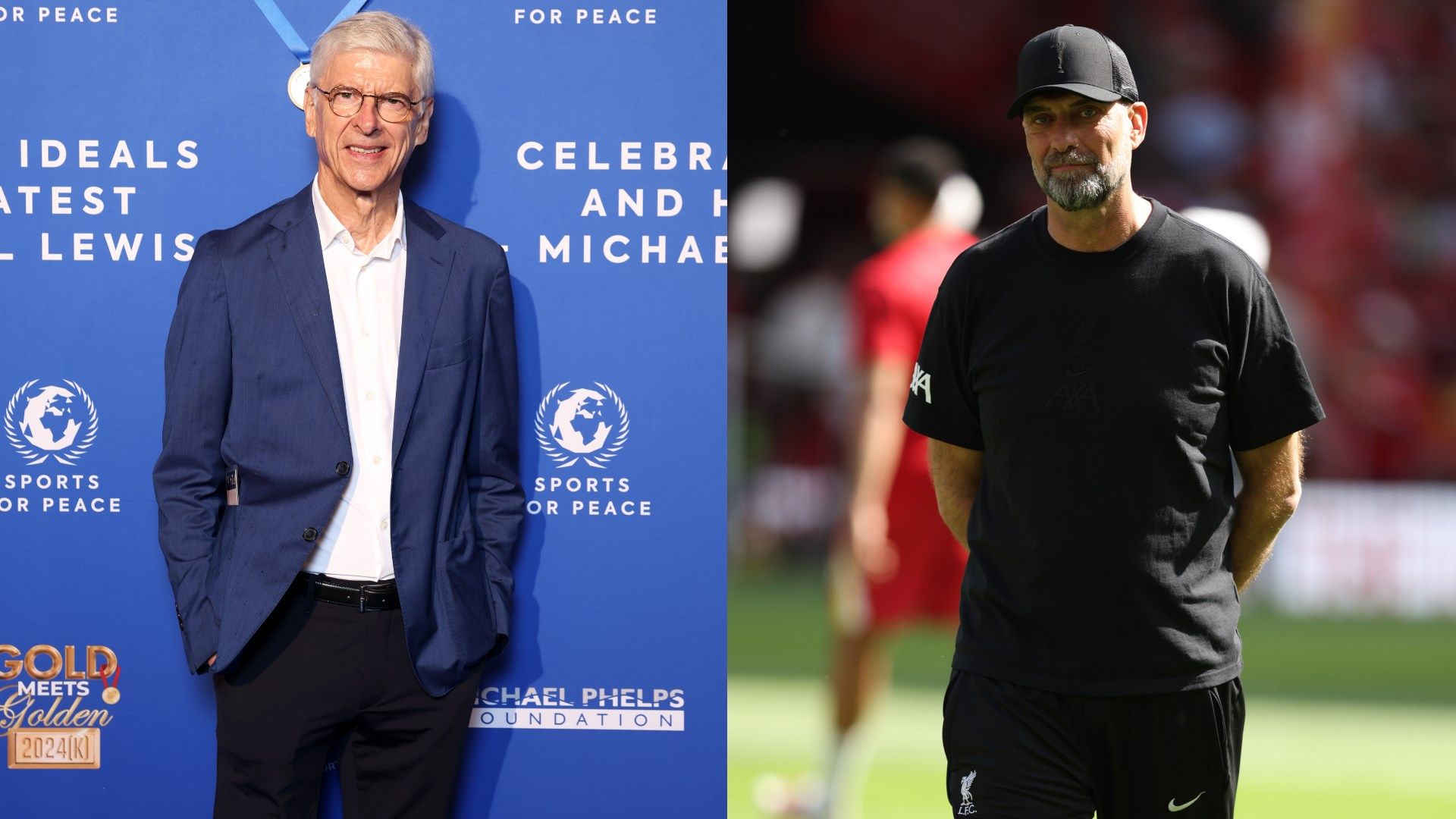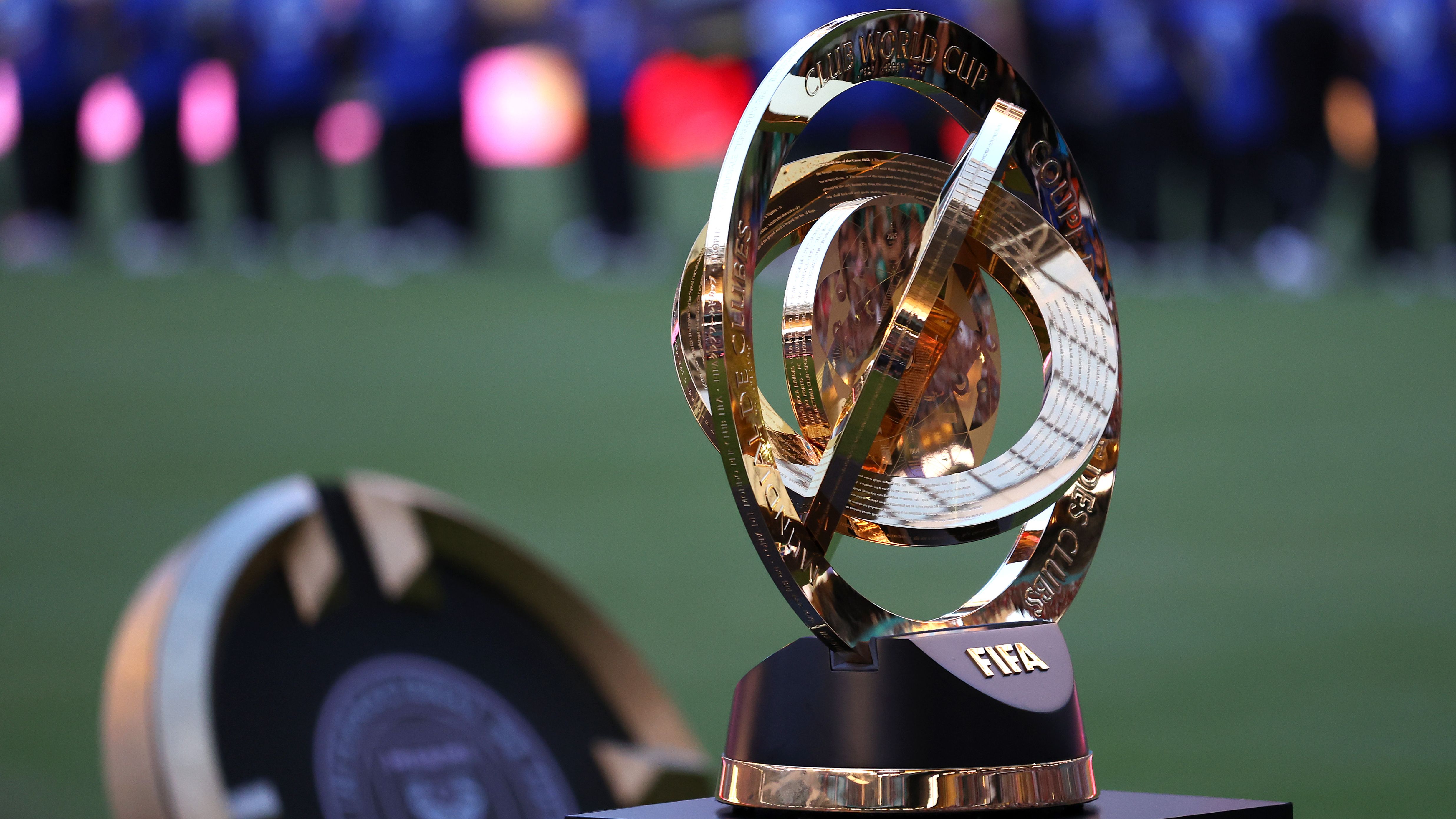Defending the Club World Cup: Wenger’s Strong Counter to Klopp’s Doubts
Jurgen Klopp has openly called the enlarged Club World Cup one of the poorest concepts in sports history, but Arsene Wenger is pushing back hard, championing the event and stressing its enthusiastic backing. This debate unfolded as Wenger, the former strategist, shared his insights at a FIFA Technical Study Group meeting in New York, right before the tournament’s climactic game.
- Wenger stands up for Club World Cup amid Klopp’s strong objections
- Highlights complete endorsement from teams and spectators for the broader international event
- FIFA plans enhancements for the upcoming 2026 World Cup in the United States


Wenger’s View on the Tournament’s Success and Future Improvements
Wenger argues that the competition has thrived, drawing massive crowds and gaining full participation from clubs, while also acting as a vital trial run for the challenges anticipated at the 2026 World Cup across North America. Through this, FIFA is already pinpointing strategies to refine event management and athlete endurance in harsh conditions, such as intense heat.
Addressing Criticisms and Gathering Participant Feedback
During his address to the FIFA Technical Study Group, Wenger noted: “Individuals have the right to their perspectives, and mine diverges completely from Jurgen Klopp’s. I believe a genuine Club World Cup was essential. Should you survey the teams involved today, I’m confident we’d receive unanimous feedback from those eager to repeat the experience. That alone speaks volumes.”
Fan Engagement and Real Attendance Figures
The key metric, according to Wenger, is audience satisfaction: initial estimates suggested sparse turnouts, yet actual numbers far exceeded expectations, proving the event’s appeal. This data underscores the tournament’s resonance with supporters.
Overcoming Environmental Hurdles
Extreme temperatures posed issues in certain matches, so organizers implemented measures like hydration pauses and field hydration to mitigate risks. These efforts provided valuable insights, and moving ahead, expect more enclosed venues to accommodate broadcasting needs and better handle weather extremes as part of ongoing adaptations.
Pitch Quality Assessments
Challenges arose in spots like Orlando, but overall, the natural turf held up well, with Philadelphia’s setup standing out as the ideal standard we’d aim to replicate going forward.
What’s Next for the Club World Cup and Beyond
The final showdown features elite European sides, pitting the Champions League title holders against the Europa Conference League victors, as Paris Saint-Germain faces off with Chelsea on July 13 at MetLife Stadium. With this feedback loop, FIFA will evaluate aspects like operations and ecological impacts for future editions, indicating that Wenger’s ideas point toward advancements such as domed arenas and upgraded facilities for the 2026 World Cup.
Arsene Wenger’s Response to Jurgen Klopp’s Criticism
In the world of football, debates between legendary managers like Arsene Wenger and Jurgen Klopp often grab headlines, especially when they touch on major events like the Real Club World Cup. Recently, Wenger publicly rejected Klopp’s criticism of the tournament’s format, calling it unfounded while praising its overall success. This exchange has added extra buzz to the upcoming Chelsea-PSG final, which fans are eagerly awaiting as a clash of European giants.
Understanding Jurgen Klopp’s Criticism
Jurgen Klopp, known for his passionate style and straightforward opinions, has been vocal about his concerns regarding the Real Club World Cup. He argued that the tournament’s expanded structure might overburden players and dilute the quality of domestic leagues. Klopp’s comments, often shared in post-match interviews or press conferences, highlighted issues like fixture congestion and the physical toll on athletes during an already packed season.
– Key points from Klopp’s critique include:
– Increased risk of injuries due to a denser schedule.
– Potential imbalance in global football calendars.
– Concerns over prioritizing international tournaments over club commitments.
These remarks resonated with many in the football community, sparking discussions on social media and among fans who follow the latest football news closely.
Wenger’s Rejection and Defense
Arsene Wenger, the former Arsenal manager and current FIFA development executive, didn’t hold back in his response. He dismissed Klopp’s views as overly pessimistic, emphasizing that the Real Club World Cup represents a positive step toward globalizing football. Wenger pointed out that the tournament brings together top clubs from various continents, fostering competition and cultural exchange.
In his statements, Wenger highlighted how the event has already boosted international viewership and engagement. For instance, he noted the excitement generated by matches featuring diverse playing styles, which he believes enriches the sport. This defense from Wenger underscores his long-standing advocacy for innovative football structures, drawing from his extensive experience in managing high-stakes games.
– Reasons why Wenger applauded the tournament:
– It showcases emerging talents from underrepresented leagues.
– Enhances fan engagement through high-profile matchups.
– Promotes a more inclusive global football ecosystem.
Wenger’s stance has been supported by several football analysts, who see the Real Club World Cup as a successful model for future international competitions.
The Success of the Real Club World Cup
The Real Club World Cup has emerged as a standout event in recent years, drawing millions of viewers and generating record-breaking revenue. With its innovative format that includes teams from all major confederations, the tournament has redefined how fans experience club football on a global scale. Wenger’s endorsement highlights its achievements, particularly in areas like competitiveness and fan participation.
What Makes the Real Club World Cup a Success?
One of the key factors behind the tournament’s success is its ability to blend tradition with modernity. Unlike traditional cup competitions, the Real Club World Cup features a round-robin stage followed by knockout rounds, ensuring thrilling encounters that keep audiences hooked. This setup has led to memorable upsets and dramatic finishes, making it a must-watch for football enthusiasts.
Experts point to the tournament’s economic impact, with increased sponsorship deals and broadcasting rights contributing to its growth. For example, the 2025 edition saw a 20% rise in global viewership compared to the previous year, driven by exciting narratives around teams like Real Madrid and Manchester City.
– Highlights of the tournament’s success:
– Record attendance at host venues, with stadiums reaching full capacity.
– Integration of technology, such as VAR and real-time analytics, enhancing fairness and excitement.
– Positive feedback from players, with many describing it as a “career-defining” opportunity.
Wenger’s Specific Applause for the Tournament
Arsene Wenger has been particularly effusive about the Real Club World Cup’s role in nurturing young talent and promoting diversity. In interviews, he praised how it allows clubs from regions like South America and Africa to compete on equal footing with European powerhouses, potentially inspiring the next generation of players. This aligns with Wenger’s broader vision for football development, as evidenced by his work with FIFA.
His comments have added a layer of prestige to the event, positioning it as more than just a competition-it’s a platform for global unity in sports. Wenger’s influence, stemming from his iconic Arsenal days, gives his opinions extra weight in these discussions.
Ahead of the Highly Anticipated Chelsea-PSG Final
As the football world turns its attention to the Chelsea-PSG final, the timing of Wenger and Klopp’s debate couldn’t be more fitting. This matchup, part of a prestigious tournament, promises high-stakes action and tactical brilliance, with both teams vying for supremacy.
Previewing the Chelsea-PSG Final
The Chelsea-PSG final is shaping up to be a tactical masterclass, featuring Chelsea’s defensive solidity under their current manager against PSG’s attacking flair led by stars like Kylian Mbappé. This game could hinge on key battles in midfield and set-pieces, making it a focal point for fans tracking European football trends.
Analysts predict a closely contested match, with Chelsea’s recent form giving them an edge, while PSG’s counter-attacking style could produce game-changing moments. The anticipation around this final is palpable, with betting odds and fan polls reflecting widespread excitement.
– What to watch for in the final:
– Chelsea’s defensive duo potentially neutralizing PSG’s forwards.
– PSG’s speed on the wings creating scoring opportunities.
– The impact of substitutions and in-game strategies.
Implications for the Teams and Beyond
Beyond the pitch, the outcome of the Chelsea-PSG final could influence transfer markets and team morale moving forward. A win for Chelsea might solidify their position in the Premier League race, while PSG could use it to assert dominance in European competitions. This event ties back to broader themes like the Real Club World Cup’s success, as discussed by Wenger, showing how such tournaments elevate club profiles.
In the context of ongoing debates like Klopp’s criticism, this final serves as a real-time example of how global events can thrive despite challenges. For fans, it’s an opportunity to see top-tier football that embodies the sport’s evolving landscape.
The discourse around Wenger’s rejection of Klopp’s views adds depth to the narrative, reminding everyone of the passions that drive football forward. As the final approaches, keywords like “Arsene Wenger rejects criticism” and “success of the Real Club World Cup” are buzzing online, drawing more eyes to this epic showdown.









